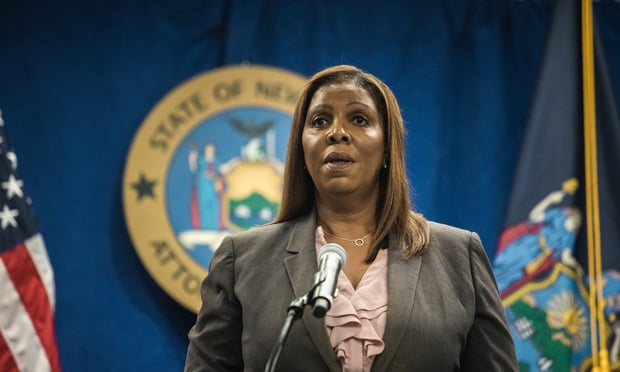
The past year ushered in significant changes for employers and plan sponsors, including the passage of the DOL’s finalized fiduciary rule, a surge of ERISA-related lawsuits involving excessive fees and misuse of forfeited funds, and the transition to a new presidential administration. Now that 2025 is firmly underway, plan sponsors need to plan and prepare for the year ahead.
What are the crucial considerations that should be at the forefront of plan sponsors' agenda? We spoke with Richard Clarke, Chief Insurance Officer at Colonial Surety Company, a leading direct and digital insurer, about the impact the new administration could have on 401(k)s and pensions and how plan sponsors and third party administrators (TPAs) should be preparing and if there are any additional pain points plan sponsors can expect in 2025.
Q: What will be the biggest impact the new administration could have on 401(k)s?
Richard Clarke: With the new administration just settling in, it's too early to predict specific policy shifts with certainty. However, plan sponsors and TPAs should be prepared for potential shifts that could impact 401(k) plans.Recommended For You
One key area to watch is tax policy. President Trump has been a strong supporter of extending and even making permanent tax cuts, which could influence the taxation of retirement account withdrawals and contributions, potentially affecting overall 401(k) growth.
We are also going to see provisions from SECURE 2.0 continue to come into effect in 2025, including automatic enrollment in 401(k) plans and an increase in contribution limits from $23,000 to $23,500. Due to these changes, it is important for plan sponsors and TPAS to ensure they are conducting due diligence and that they are on top of any of any legislative changes as they unfold.
Q: What are the pain points plan sponsors can expect in the new year?
Clarke: Economic uncertainty remains a key challenge as the new administration settles in. While the specific policy landscape is still taking shape, plan sponsors should anticipate a continued focus on debt reduction initiatives, which could have downstream effects on retirement planning.Q: What is likely to happen with DOL's stalled fiduciary rule in 2025?
Clarke: In August 2024, the DOL formally stopped pushing for the implementation of the fiduciary rule, due to various legal challenges, primarily coming from those investment advisory firms who have significant commission-based compensation from the sale of their products. Implementing the proposed fiduciary rule would impose new standards on these firms and could negatively alter the amount of their compensation.Related: New fiduciary rule on hold again, as DOL puts a pause on its appeal of the federal court stays
Due to this, there is general upheaval about those firms agreeing to implement the new rule, which would hold all financial services advisory firms to higher standards of conduct in their businesses. There's not much hope, as of right now, for implementation of the stalled fiduciary rule in 2025, due to the time necessary to respond to the litigation and the fact that the DOL just has many other goals in place in connection with the new administration, which took office earlier this month. DOL is also involved in various areas of enforcement actions and the stalled fiduciary rule will likely not surface again for some time.
© 2025 ALM Global, LLC, All Rights Reserved. Request academic re-use from www.copyright.com. All other uses, submit a request to [email protected]. For more information visit Asset & Logo Licensing.








